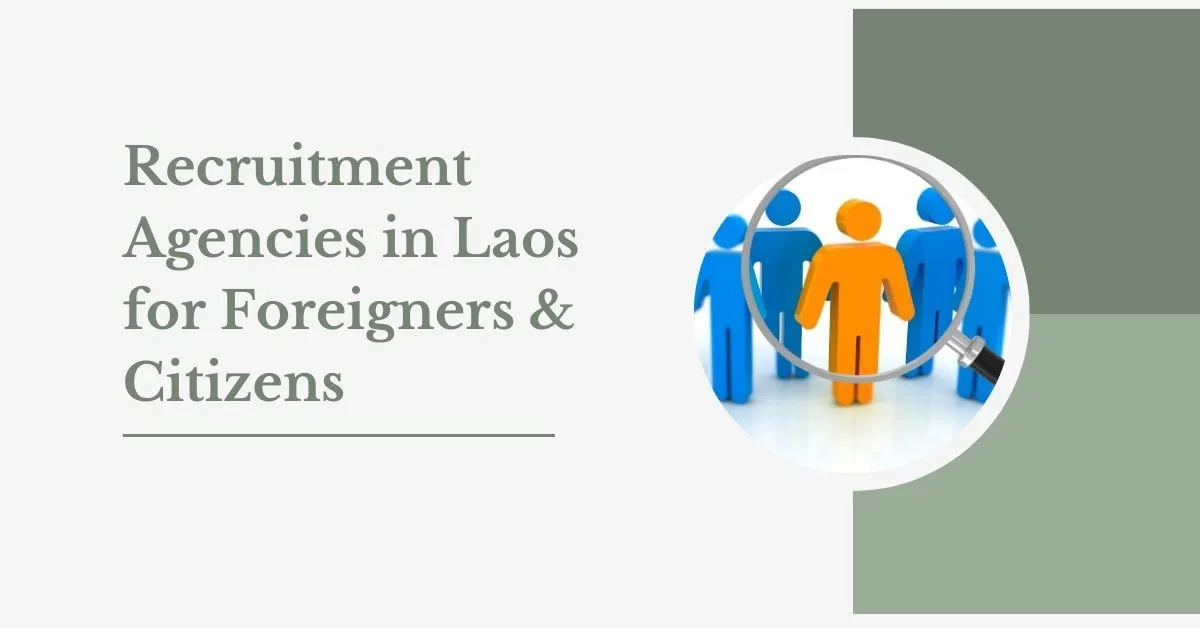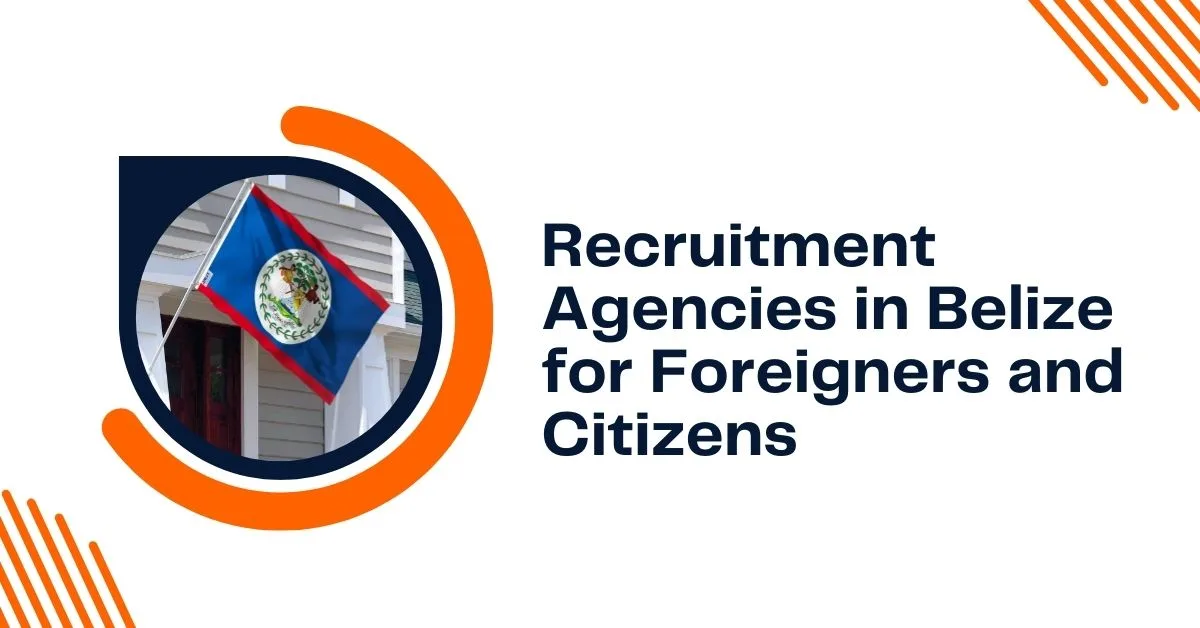When new trial programs start up in Canada, they will change the way caregivers can get permanent residency. Before these programs, caregivers had to get work experience in Canada before they could apply for permanent residency.
This is a big change from the old rules. Now, caregivers who are qualified can get permanent resident status as soon as they arrive in Canada. This makes the immigration process easier and gives caregivers more freedom and protection from abusive workplaces.
Benefits:
The new trial programs that Canada has put in place make it easier for caregivers to get permanent residency as soon as they arrive in the country. This plan is meant to help with the growing need for nurses in Canada because its population is getting older. It will also make the immigration process easier and more humane, which will have the following benefits:
- Direct Pathway to Permanent Residency
The caregiver program provides a structured and reliable route to permanent residency, allowing foreign nationals working in Canada as caregivers to apply for PR after meeting work experience requirements (usually 24 months). - Family Inclusion in Application
You can include your spouse/common-law partner and dependent children in your PR application. This allows your entire family to live, study, and work in Canada together. - Spouse Open Work Permit Eligibility
While you are employed as a caregiver, your spouse can be eligible for an open work permit, enabling them to work for any employer in Canada without needing a job offer. - Children’s Access to Free Public Education
Dependent children are eligible to attend Canadian public schools free of charge, saving families thousands of dollars in education costs and providing a world-class education. - Healthcare Coverage
Once approved for permanent residency or under certain work permit conditions, caregivers and their dependents gain access to Canada’s publicly funded healthcare system. - No Labour Market Impact Assessment (LMIA) Required in Some Streams
Under the Home Child Care Provider and Home Support Worker Pilots, if applying from outside Canada, you do not need an LMIA, making the process faster and more accessible. - Permanent Residence Without Employer Ties
Once you gain PR status, you are no longer tied to a specific employer. You can freely change jobs or industries, giving you career flexibility. - Social Services and Support
Permanent residents in Canada have access to a wide range of social benefits, such as the Canada Child Benefit (CCB), employment insurance, pension plans, and other federal and provincial support programs. - Multicultural and Safe Environment
Canada is known for its inclusive and safe society. Immigrants, including caregivers, are welcomed with supportive communities and workplace protections under Canadian labor laws. - Settlement and Integration Assistance
Various government-funded settlement services help new immigrants adjust to life in Canada by offering job search help, language classes, housing assistance, and cultural orientation. - Work Experience Counts Toward PR
For the pilot programs, work experience gained after receiving your work permit counts directly toward the 24-month requirement needed for applying for permanent residence.
Eligibility:
Caregivers must meet certain requirements in order to be eligible for this new test program:
- Language Proficiency: At least a level 4 on the Canadian Language Benchmarks (CLB).
- Education: At least a high school education or the equivalent.
- Work Experience: Must have recent and appropriate work experience in the field of caregiving.
- Job Offer: A full-time job offer in Canada for someone to help people in their own homes.
Because of these rules, caregivers are sure to be well-trained and able to give good care to people in need while also fitting in well with Canadian society.
Average Salaries:
Here are the most recent figures of the average salaries for caregiver jobs in each Canadian province:
| PROVINCE/TERRITORY IN CANADA | AVERAGE ANNUAL SALARY (CAD) |
|---|---|
| Alberta | $40,000 – $50,000 |
| British Columbia | $42,000 – $55,000 |
| Manitoba | $38,000 – $48,000 |
| New Brunswick | $35,000 – $45,000 |
| Newfoundland and Labrador | $35,000 – $45,000 |
| Northwest Territories | $45,000 – $60,000 |
| Nova Scotia | $35,000 – $45,000 |
| Nunavut | $50,000 – $65,000 |
| Ontario | $40,000 – $52,000 |
| Prince Edward Island | $35,000 – $45,000 |
| Quebec | $38,000 – $50,000 |
| Saskatchewan | $38,000 – $48,000 |
| Yukon | $45,000 – $60,000 |
Occupations Under Caregiver Status:
Caregiving is a broad term for a number of different jobs that involve helping people who need help with daily tasks. Here are some common jobs of a caregiver:
- Personal Support Worker (PSW): Provides personal care and support.
- Home Health Aide (HHA): Offers personal care and light housekeeping.
- Home Support Worker: Assists with personal care and household tasks.
- Live-in Caregiver: Provides around-the-clock care.
- Nanny: Cares for children in their homes.
- Developmental Support Worker: Supports individuals with developmental disabilities.
- Mental Health Worker: Assists individuals with mental health conditions.
- Community Support Worker: Helps individuals with disabilities or mental health conditions access community resources.
- Companion: Provides social support.
- Respite Worker: Temporarily relieves primary caregivers.
- Homemaker: Assists with household tasks.
Read Also: Latest Update on Canadian Visitor & Student Visas
Qualifications:
The qualifications required for caregiver roles can vary:
- Education: Often requires a high school diploma or relevant certification (e.g., PSW certificate).
- Experience: Previous caregiving experience is often required.
- First Aid and CPR Certification: Commonly needed for most roles.
- Vulnerable Sector Check: Required for working with vulnerable populations.
- Language Proficiency: Effective communication skills in English or French.
How to Apply for Canadian Permanent Residency Caregiver VISA?
This page lists the steps you need to take to apply for permanent residency in Canada through the new caregiver test program. Link
- Job Offer: Secure a job offer from a Canadian employer.
- Language Test: Achieve the required CLB level.
- Education Credential Assessment: Validate foreign education credentials.
- Work Permit Application: Apply for a work permit.
- Arrive in Canada and Apply for Permanent Residency Without Work Experience here: https://prson-srpel.apps.cic.gc.ca/en/login.
Conclusion:
With Canada’s new caregiver trial programs, it’s easier for suitable caregivers to get permanent residency as soon as they arrive, without having to work in Canada first. The goal of this project is to make it easier for people to move to Canada, protect caregivers better, and meet the growing need for healthcare workers in the country.
Frequently Asked Questions:
What are the eligibility criteria for caregivers under these trial programs?
To be eligible, you must be able to speak and understand the language at a level 4 (CLB), have completed high school or the equivalent, have recent and appropriate caregiving work experience, and have a full-time job offer in Canada.
What are some common caregiver occupations in Canada?
Personal Support Worker (PSW), Home Health Aide (HHA), Live-in Caregiver, Nanny, Developmental Support Worker, Mental Health Worker, and other jobs are common for people who care for others.






